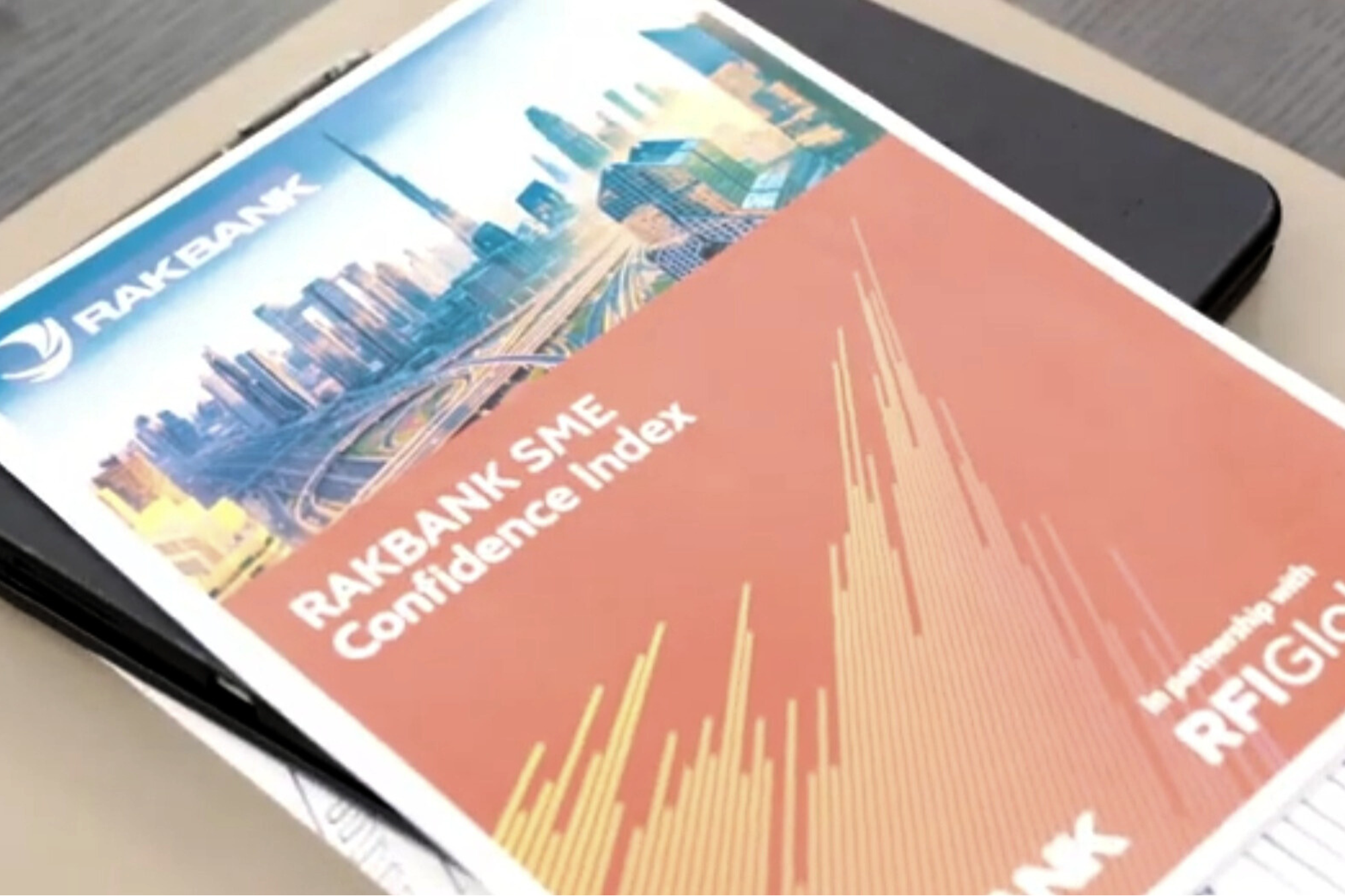How To Attract And Keep the Best Talent A step-by-step guide on how to attract a pool of qualified candidates.
By James Randall •
Opinions expressed by Entrepreneur contributors are their own.
You're reading Entrepreneur Middle East, an international franchise of Entrepreneur Media.

Bringing in a new employee can be a costly and time-consuming activity for any organisation, which is why many HR departments are concerned with retaining their best employees. But how can you ensure you attract, and keep, the very best?
How to Attract Qualified Candidates
1.Know what you want Are you directly replacing a role? Or does the role need to be revized to suit the needs of the business? If you have a clear outline of the job to be filled, then it is more likely you will get applicants who fit the criteria you are after. Having specific experience, qualities and cultural points will enable you to attract the kind of employee you want for the job.
A vague job description will lead to numerous applicants that are not fit for the role, or an employee who was expecting a different role to the one they end up performing.
Also, consider livening up the job description and include other benefits of working for your organisation, such as the great team they'll work with or the casual dress code.
2. Ask your current employees Many good employees are often found and recruited by referral from a current employee. Most people will only recommend someone they believe will be a good worker, since a bad hire might tarnish their personal or professional reputation.
Why not consider adding an incentive for current employees to refer a candidate for a job opening, with a reward for a successful application?
3. Re-evaluate your hiring process Is it too long? Overly complicated? Do you keep in touch with the candidate while making a decision? Candidates don't want to waste time when looking for their next job and will often take another opportunity if it presents itself before you have even started screening. You could try implementing group interviews to speed up the process, or introduce technology and use video interviews to assess candidates. At the very least, be up front with candidates to let them know what to expect with respect to your entire evaluation process.
4. Make the interviewing process a two-way street Encouraging candidates to ask questions during the interview may give the insight into what is really important to that person. It may also give them a glimpse into what it's really like to work for your organisation.
5. Conduct thorough background checks This can be vital to help you get the best talent in your business. Our discrepancy data shows that applications often contain errors, and while some may be innocent mistakes, some can pose serious problems with a candidate. Conducting thorough due diligence can keep your company protected from potential harm and may also deter candidates who know about your screening process from embellishing their application.
Related: Five Recruitment Trends We Expect To See in 2017
How to Keep Quality Employees
1. Offer better benefits besides pay Candidates consider many factors when looking for a job, besides the pay. Other benefits, such as flexible work schedules, positive work environments, longer parental leave, or recognition schemes may be more important to a candidate than salary alone.
2. Conduct exit interviews What better way to discover what you could improve on than by asking departing employees? Another way to focus on employee retention is to conduct stay interviews. These types of interviews allow managers to assess what is and isn't working in the work environment.
3.Start quality hires at the top Hire supervisors that are supportive and can communicate clear expectations that will facilitate a positive work environment and promote job security. A good manager is more likely to persuade top talent to remain in the business.
4. Create an open work environment Employees should be able to offer feedback and feel that they have a voice that is heard within an organisation. Having an open and honest environment can boost confidence in employees and lead to higher productivity and a higher chance of retaining the best.
5. Offer opportunities and growth One common reason employees leave a job is because they feel there is no more room for their career to grow. Give current employees the first opportunity to apply for new opportunities in the business before looking externally, and make sure employees know that they are valued members of your organisation.
Related: Technology in Recruitment: Six Tips To Improve Your Candidate's HR Experience












